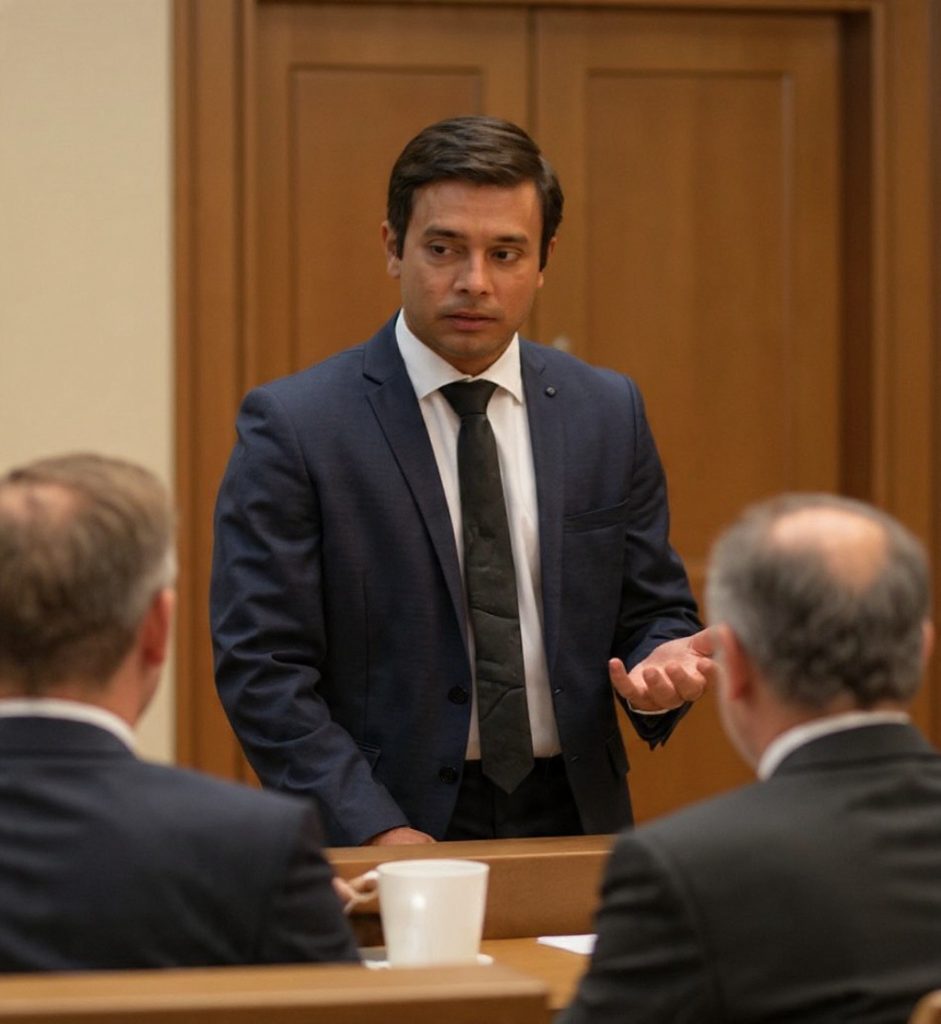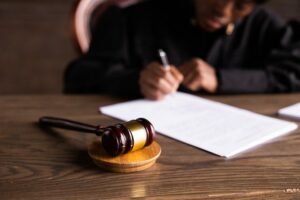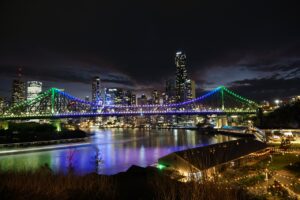Mr Kaba was travelling in a car as passenger which was stopped by police for random check. The police was conducting the check, he left the vehicle and started walking away. Police stopped him and ask his name and address which he refused to provide. Defence counsel argued that the conduct by the police was breach of human right.
In the case of Director of Public Prosecutions v Kaba [2014] VSC 52, his honour stating,
“…[459] It is clear from the authorities that I have discussed that people are not immune from contact with police in public places. The ordinary power of police to ask questions is an important means by which they can fulfil their duty to prevent crime and protect the community. Up to a certain point, police questioning of individuals does not interfere with their rights and freedoms at common law. The line of permissible questioning is crossed when the questioning becomes coercive, that is, when the individual is made to feel that he or she cannot chose to cease co-operating or leave, Judged by reference to how a reasonable person would feel in the circumstances.
[460] Whether the line of permissible questioning was crossed with respect to Mr Kaba was a question of fact for the magistrate to determine. Having regard to his Honour’s reasons for decision, I think he decided that the line had been crossed and that Mr Kaba had been subjected to unlawful questioning through the assertion of coercive authority by police in uniform. On the found facts, that conclusion was not only open, it was irresistible. Mr Kaba was stopped walking on his lawful way. He was asked on three occasions, increasingly persistently, for his name and details and police refused to take no for an answer. Although Mr Kaba did not provide his name and details, a reasonable person would have felt that he or she had no choice but to do so and not leave until it was done. I think the magistrate attributed at least some of Mr Kaba’s abusive language and behaviour to the stress that was placed upon him by the coercive police questioning.”
The court upheld the decision of the magistrate that, it was breach of human right (ICCPR) for police to ask questions to Mr Kaba.








